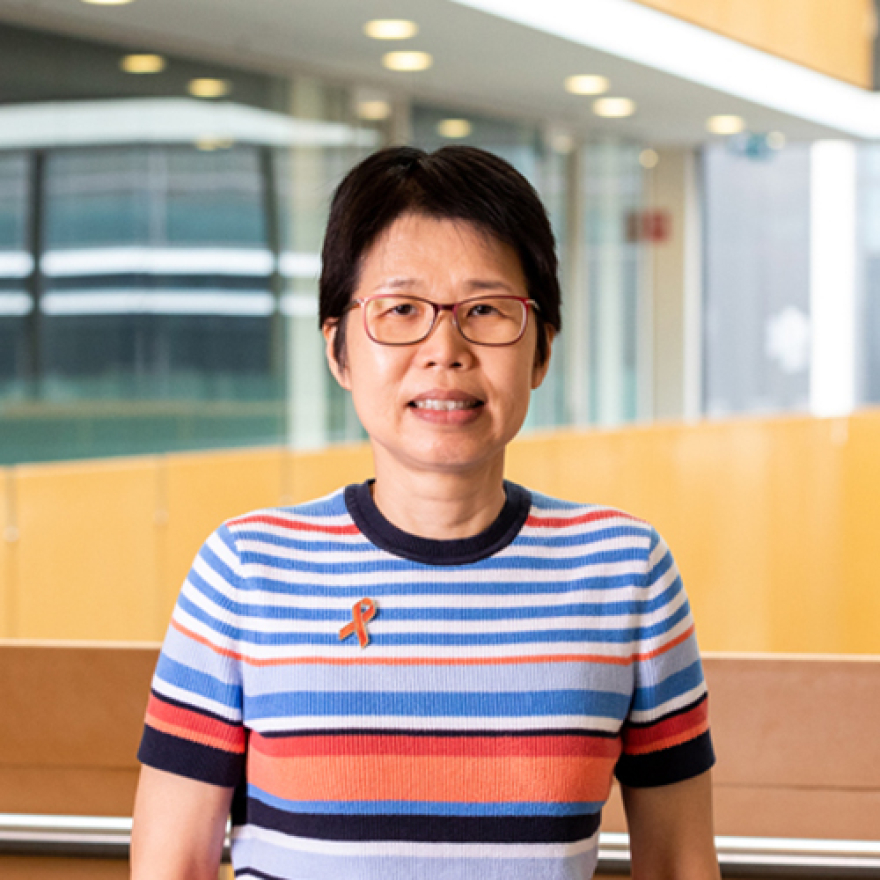Gonorrhoea is a global public health concern with high incidence (87–106 million cases/year) and with increasing multi-drug resistance. Gonorrhoea rates almost doubled in the past 5 years in Australia with the largest increase in gay and bisexual men. Gonorrhoea infection can result in severe sequelae if left untreated. No previous gonococcal vaccine has been shown to have an effect.
The project is a multi-centre, randomised, double-blinded, placebo-controlled trial with 24 months of follow-up. The project will compare the efficacy of the four-component 4CMenB vaccine (a vaccine licensed for the prevention of meningococcal B disease and marketed as Bexsero®) versus the placebo for the prevention of N. gonorrhoeae infection in men (cis and trans), trans women and non-binary people who have sex with men [hereafter referred to as gay and bisexual men + (GBM+), either HIV-negative and taking pre-exposure prophylaxis for HIV (PrEP; daily PrEP or on-demand PrEP), or HIV-positive with undetectable viral load <200 copies/ml and a CD4 count >350 cells/cmm]. The project recruited 650 participants from five public sexual health clinics and two general practices in NSW, VIC, and QLD.
Participants were randomised equally (1:1) to receive either two doses of 4CMenB vaccine (0.5ml) or two doses of the placebo (0.5ml normal saline). The first dose was administered at the Baseline visit (Month 0) and the second dose at Month 3, three months (75–105 days) after the first dose. Neither the site investigator/site coordinator, nor the participant will know which study product the participant is receiving.
The project enrolled its first study participant on 2 November 2021 and recruitment was completed on 12 May 2023. All participants were followed up for 24 months. Study results will be available in early 2026.
Urgent action is needed to address the high and increasing rates of gonococcal infection in GBM+. Our project findings will also be relevant to the wider population, both directly, due to bridging between GBM+ and heterosexuals, and since the control of N. gonorrhoeae requires reduction of gonorrhoea in core groups such as GBM+. It will also impact the wider population by aiding policy/practice change to use 4CMenB as a general population gonorrhoea prevention strategy.
- Griffith University, Queensland
- ACON, New South Wales
- Positive Life NSW, New South Wales
- Sydney Sexual Health Centre, New South Wales
- Western Sydney Sexual Health Centre, New South Wales
- Taylor Square Private Clinic, New South Wales
- RPA Sexual Health, New South Wales
- Melbourne Sexual Health Centre, Victoria
- Prahran Market Clinic, Victoria
- Gold Coast Sexual Health Service, Queensland
- WHO Collaborating Centre for Sexually Transmitted Infections and Antimicrobial Resistance, NSW Health Pathology Microbiology, New South Wales
- Microbiological Diagnostic Unit Public Health Laboratory, The Peter Doherty Institute for Infection and Immunity, Victoria
- Public Health Microbiology, Forensic and Scientific Services, Health Support Queensland, Queensland Health, Queensland.
Funded by National Health and Medical Research Council. In-kind and funding support from GlaxoSmithKline Australia Pty Ltd.

